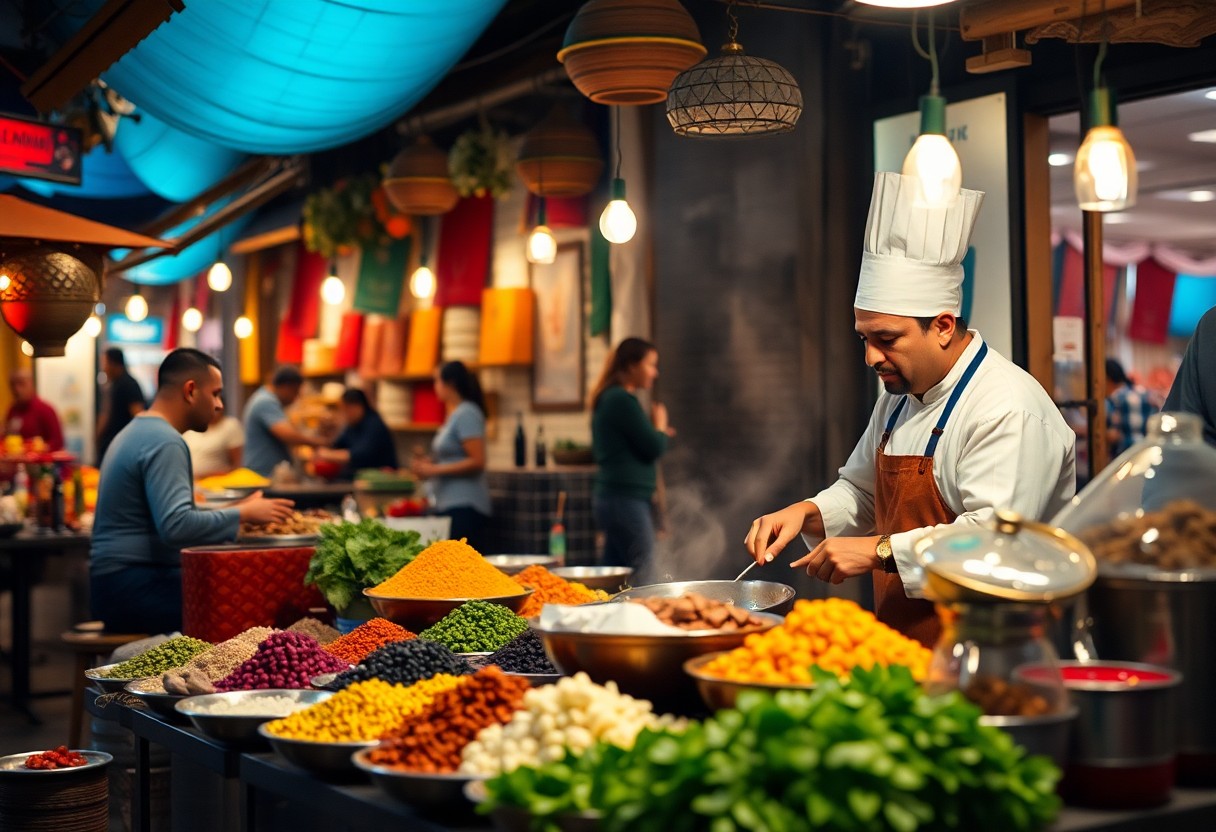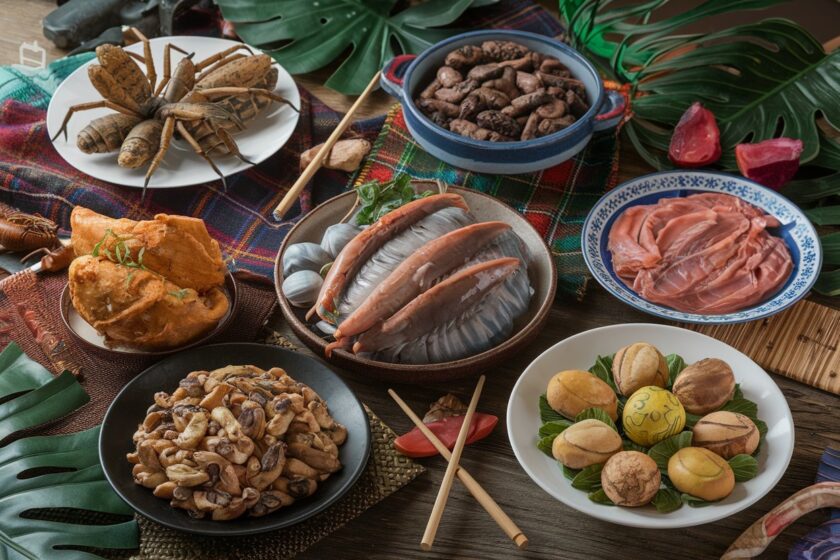Many travellers find that unique culinary experiences can significantly enhance your journey through enigmatic lands. Exploring the local cuisine not only tantalises your taste buds but also provides deep insights into the culture, traditions, and history of the region you are visiting. By savouring authentic dishes, you forge a stronger connection with the local people and their way of life, enriching your overall travel experience. From street food delicacies to elaborate feasts, these culinary adventures unveil the hidden gems of a destination, making your journey all the more memorable.
The Role of Food in Culture
For many societies, food serves as an necessary vessel for cultural expression, carrying the flavours and traditions of a region’s history. Through meals, communities share stories, values, and customs, knitting individuals together in a tapestry of identity. Each dish is steeped in significance, allowing you to examine deeper into the essence of a culture, fostering connections that transcend language and borders.
Culinary Traditions and Heritage
To appreciate a culture fully, you must explore its culinary traditions and heritage. These practices are often passed down through generations, showcasing techniques and ingredients unique to specific locales. By engaging with local cuisine, you enrich your understanding of the people and their way of life.
Food as a Cultural Identifier
Against the backdrop of a rapidly globalising world, food stands as a potent marker of cultural identity. It reflects values, beliefs, and customs, distinguishing one community from another. It is not merely sustenance, but a celebration of diversity, allowing you to connect with others through shared meals and experiences.
Even in a multicultural society, the foods you savour can profoundly affect your perception of cultural heritage. Each ingredient often carries historical significance, revealing narratives of migration and tradition. This connection allows you to better understand the complexities of cultural identities and appreciate the rich tapestry woven through diverse culinary practices. Ultimately, engaging with local dishes is a transformative experience that broadens your perspective and deepens your appreciation for the world around you.
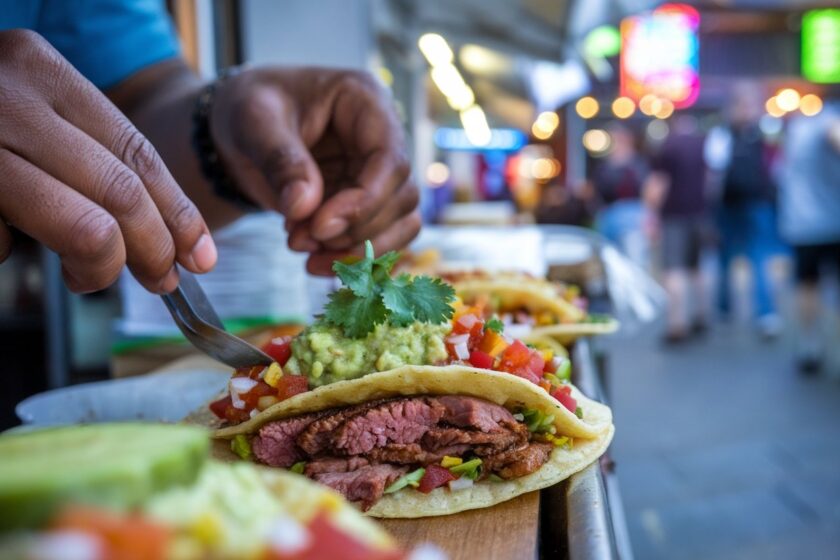
Immersive Culinary Experiences
Assuming you venture into the heart of a new destination, immersing yourself in its culinary landscape can transform your journey. Unique culinary experiences not only tantalise your taste buds but also connect you with the culture and traditions of the land. Engaging in these experiences allows you to savour local flavours and discover the stories behind each dish, making your travels all the more enriching.
Local Markets and Street Food
Across the globe, local markets and vibrant street food scenes offer an unparalleled opportunity to taste authentic dishes. You can meander through bustling stalls, sampling freshly prepared meals while interacting with local vendors. The energy and aromas provide a sensory feast, often revealing hidden gems that elevate your culinary journey.
Authentic Cooking Classes
With an authentic cooking class, you begin on a hands-on adventure that deepens your understanding of local cuisine. You will learn the intricacies of traditional recipes and ingredient selection, often from skilled locals willing to share their culinary secrets. Engaging in these classes not only enhances your cooking repertoire but also gives you a genuine connection to the culture.
Markets offer a sensory experience where you can gather fresh ingredients, from spices to vegetables, for your cooking classes. As you learn to prepare iconic dishes, the thrill of mastering techniques that locals have perfected over generations empowers you. The exposure to dangerous cutting techniques alongside positive camaraderie fosters a memorable and holistic understanding of the culture surrounding cuisine. Each class culminates in the joy of tasting your creations, leaving you with both *culinary skills* and lasting memories of your journey.
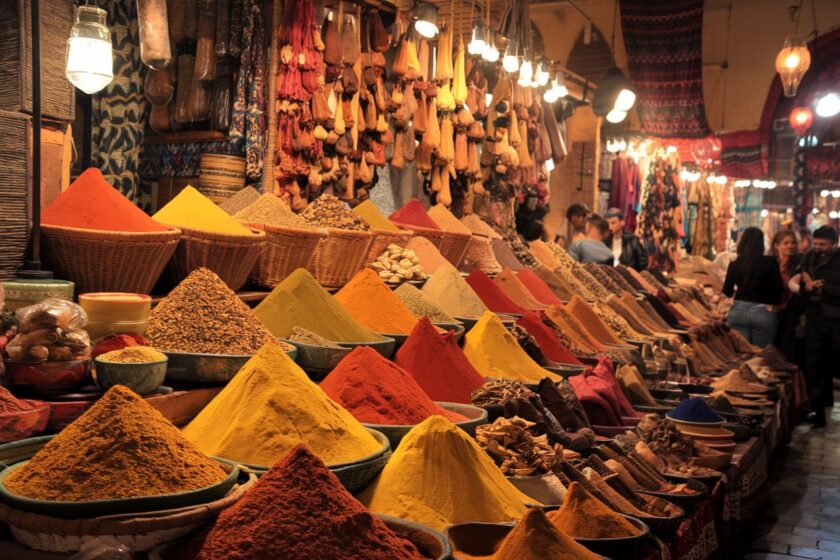
The Impact of Unique Flavours on Travel
While travelling, engaging with unique flavours often transforms your experience, allowing you to connect deeply with local cultures. The taste of a dish can evoke memories and sensations that transport you to another place, enriching your journey and offering a genuine insight into the region’s identity. Each bite can unveil stories of the land, its people, and their traditions, making your travels unforgettable.
Taste Memories and Their Significance
The connection between taste and memory is profound, as flavours often trigger vivid recollections of places and moments you’ve experienced. When you savour a dish that reflects local ingredients and culinary techniques, it becomes a vehicle for nostalgia, allowing you to relive your travel stories anew. Each flavour you encounter becomes a piece of your adventure, etched in your mind and heart.
Culinary Journeys as Cultural Explorations
Explorations through culinary journeys not only satisfy your palate but also deepen your understanding of diverse cultures. Through food, you discover the historical narratives, traditions, and customs that shape a region’s identity. Engaging with local cuisines introduces you to the people behind the flavours, fostering connections that go far beyond mere taste.
Plus, culinary journeys offer exquisite insights into the lifestyles and beliefs that influence local cuisine. You may find yourself participating in a traditional cooking class, learning about the significance of certain ingredients or perhaps sharing a meal with locals, who graciously share stories about their heritage. Such experiences are not only enriching but also provide a deeper appreciation for the underlying cultural values that come with each unique dish. Embracing these flavours and traditions enhances your journey, making it an unforgettable exploration of life beyond the platter.
Connecting with Locals through Cuisine
Now, immersing yourself in local cuisine is a profound way to connect with the people and culture of a destination. Engaging with locals through their culinary practices opens a gateway to understanding their traditions, values, and stories. For example, Celebrating Cultural Heritage Through Food: Indigenous and … illustrates how shared gastronomic experiences foster connections and facilitate deeper cultural bonds.
Shared Meals and Community Engagement
After indulging in local flavours, you’ll find that sharing meals with locals is a transformative experience. It allows you to engage with the community, fostering a sense of belonging and mutual appreciation. This social interaction enriches your travel experience as you learn about local customs and share stories over the table.
Storytelling through Food
Any dish served carries a narrative, revealing the history and culture of the people who create it. Food is a medium through which you can discover the *rich heritage* of a region. Each ingredient, preparation method, and culinary tradition tells a story, allowing you to connect on a deeper level with the local culture. You may even uncover *important messages about resilience and community* embedded in these culinary tales.
With every bite, you engage in an enduring dialogue between past and present, as local chefs and home cooks share *legends of their ancestors, recipes passed through generations, and the *symbolism* behind certain dishes. This storytelling aspect enhances your culinary experience, transforming meals into moments of learning and understanding, ultimately making your journey more enriching.
The Transformation of Travel Through Food
Despite the evolution of travel, food remains a central pillar in your explorations. Culinary experiences not only enrich your journey but also foster connections with the culture and community of the places you visit, transforming the way you perceive and interact with the world around you.
Culinary Tours and Experiences
Below, you’ll discover that culinary tours provide an immersive experience, allowing you to savour authentic local dishes while engaging with skilled chefs and passionate food artisans. These experiences help you appreciate the history and techniques behind each recipe, making your travels more meaningful and memorable.
Social Media and Food Blogging
Alongside traditional travel, social media and food blogging have reshaped culinary conversations and opportunities for discovery. You can share your culinary adventures instantly, connecting with food enthusiasts worldwide and showcasing unique flavours and dishes that may otherwise go unnoticed.
Blogging about your culinary experiences elevates your travel narrative, allowing you to share discoveries and recommend hidden gems to your audience. By documenting your personal encounters with local cuisine, you not only enhance your own journey but also inspire others to seek out these culinary delights. This platform can also lead to collaborations with restaurants or brands, promoting positivity and cultural exchange in the food universe. However, you must tread carefully to ensure your posts maintain authenticity and respect the traditions you represent.
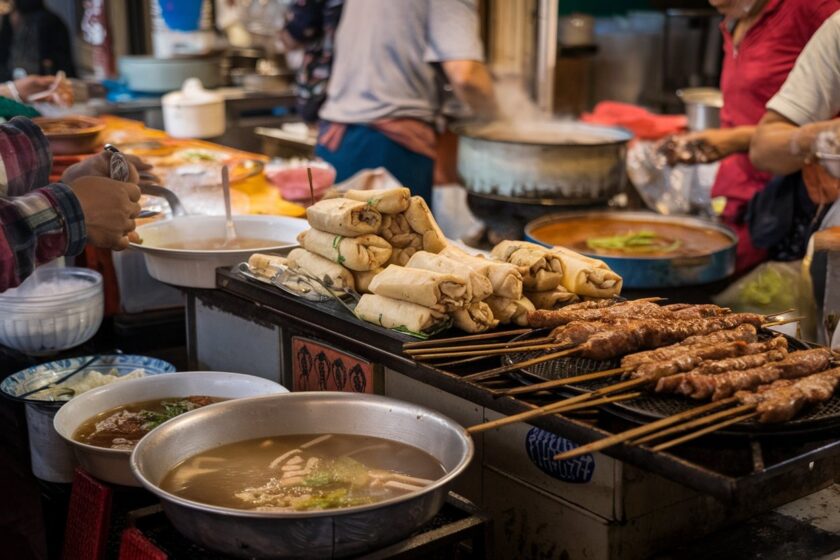
Sustainable and Ethical Dining Choices
Not only do sustainable and ethical dining choices enhance your travel experience, but they also contribute positively to the communities you visit. Opting for local, organic produce and ethically sourced ingredients allows you to savour authentic flavours while promoting environmentally responsible practices. Making these mindful choices ensures that your culinary adventures align with the principles of conservation and support for animal welfare.
Supporting Local Economies
Behind every meal lies the opportunity to uplift local economies. By choosing to dine at family-owned restaurants and markets, you are directly contributing to the livelihoods of the community. This creates a ripple effect, stimulating local job creation and preserving traditional culinary methods, allowing you to experience genuine hospitality while having a positive impact.
Environmental Impact of Food Travel
Between the excitement of discovering new flavours and the environmental implications of food travel, there’s often a delicate balance to maintain. Understanding this balance allows you to enjoy your culinary experiences while minimising your ecological footprint.
Food choices you make while travelling can significantly impact the environment. The production, transportation, and preparation of food contribute to greenhouse gas emissions and resource depletion. By prioritising seasonal and locally sourced ingredients, you not only enjoy fresher flavours but also reduce the carbon footprint associated with food miles. Additionally, supporting eateries that practice sustainable methods, such as reducing food waste or using renewable energy, fosters responsible tourism and helps protect the delicate ecosystems of the places you visit.
Final Words
So, unique culinary experiences are not just about the food; they are an integral part of immersing yourself in the culture of enigmatic lands. As you savour local flavours and delicacies, you foster connections with the people and traditions that shape these destinations. Each meal becomes a story that enhances your journey, enriching your understanding and appreciation of your surroundings. By indulging in these flavours, you elevate your travel experience, unlocking deeper insights and lasting memories that transcend typical sightseeing.
FAQ
Q: How can unique culinary experiences enhance my travel experience?
A: Unique culinary experiences provide an opportunity to engage with the local culture in a deeply personal way. Food is often intertwined with history and tradition, allowing travellers to taste the essence of a region. By exploring local ingredients, cooking methods, and dining customs, you gain insights into the life and heritage of the people. Whether it’s participating in a cooking class, indulging in street food, or dining at a family-run restaurant, these experiences can lead to meaningful connections and unforgettable memories.
Q: What role does local cuisine play in understanding the culture of a destination?
A: Local cuisine acts as a lens through which travellers can understand the broader cultural narrative of a destination. Each dish tells a story about the land, its resources, and its people. For instance, traditional recipes may reflect agricultural practices, historical trade routes, or even socio-political changes. By tasting local dishes, you not only savour the flavours but also gain a better appreciation for the cultural significance behind them, thereby enriching your overall travel experience.
Q: Are there specific destinations known for their unique culinary offerings?
A: Numerous destinations around the world are celebrated for their distinctive culinary scenes. Countries like Thailand, with its vibrant street food culture, or Italy, renowned for its regional specialities, are prime examples. Additionally, places like Mexico, Japan, and Morocco each boast unique flavours and cooking techniques that reflect their diverse heritages. Exploring these culinary highlights lets travellers immerse themselves in the local cuisine and interact with the community, making the journey even more memorable.

